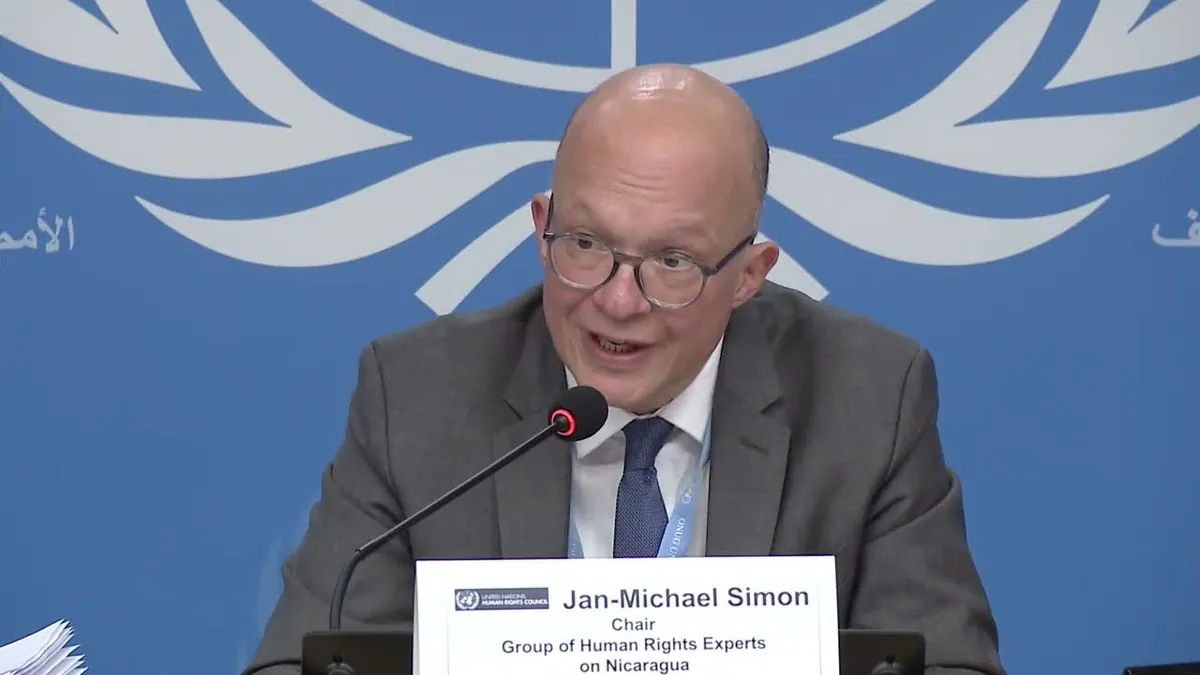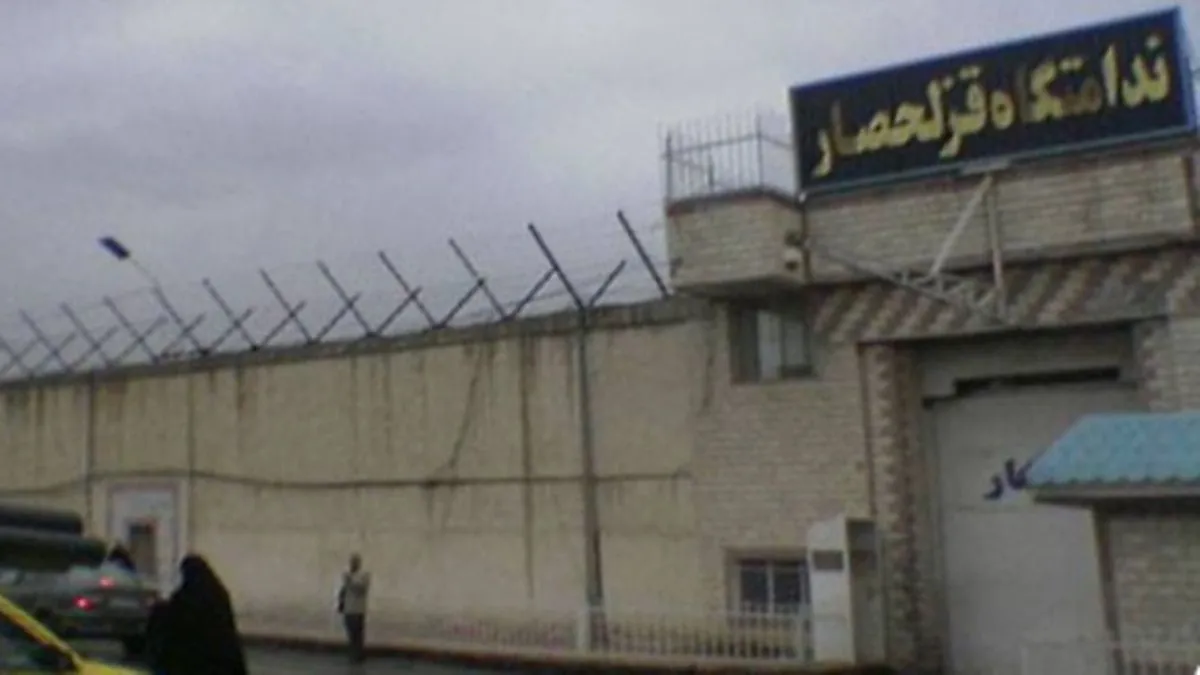UN Alarmed by Surge in Iranian Executions, Calls for Adherence to International Norms
UN Human Rights Office expresses deep concern over reported 29 executions in Iran within two days. The total count for 2024 reaches at least 345, raising questions about the use of capital punishment.

The United Nations Human Rights Office has voiced significant concern regarding a reported surge in executions in Iran. According to UN spokesperson Liz Throssell, Iranian authorities have allegedly carried out 29 executions in a mere 48-hour period, marking a troubling escalation in the use of capital punishment.
Volker Turk, the UN High Commissioner for Human Rights, expressed extreme apprehension about this development. Throssell stated, "This represents an alarmingly high number of executions in such a short period of time." While the UN could not independently verify the death toll, the reported executions have purportedly increased the total count to at least 345 for the year 2024, including 15 women.
The Norway-based Iran Human Rights group, a non-profit organization established in 2005, reported that the 29 individuals executed included two Afghan nationals and a member of the Baluch ethnic minority. These executions allegedly took place at Ghezel Hesar Prison in Karaj, one of Iran's largest detention facilities.

Since the election of Iran's new President Masoud Pezeshkian in July 2024, at least 87 people have reportedly been executed in Iranian prisons. This trend has raised concerns about the continuation of capital punishment under the new administration.
Throssell highlighted a particularly troubling aspect of these executions: the majority of those put to death were convicted of drug-related offenses. She emphasized, "Imposing the death penalty for offenses not involving intentional killing is incompatible with international human rights norms and standards." This practice contradicts the United Nations' repeated calls for Iran to abolish the death penalty.
The UN spokesperson also noted that ethnic minorities, including Kurds, Ahwazi Arabs, and Baluch, are disproportionately affected by these executions. This pattern raises questions about the equitable application of justice in Iran, a country with a diverse population of over 85 million people.
Iran, a UN member since 1945, has faced ongoing international criticism for its human rights record. The country's legal system, based on Sharia law, allows for capital punishment for various offenses, including drug trafficking. This has contributed to Iran having one of the highest execution rates globally.
The United Nations Human Rights Office, headquartered in Geneva, continues to monitor the situation closely. Established in 1993, the office of the UN High Commissioner for Human Rights plays a crucial role in promoting and protecting human rights worldwide.
As the international community grapples with these developments, the focus remains on encouraging Iran to align its practices with international human rights standards and to reconsider its use of the death penalty, particularly for non-lethal offenses.


































